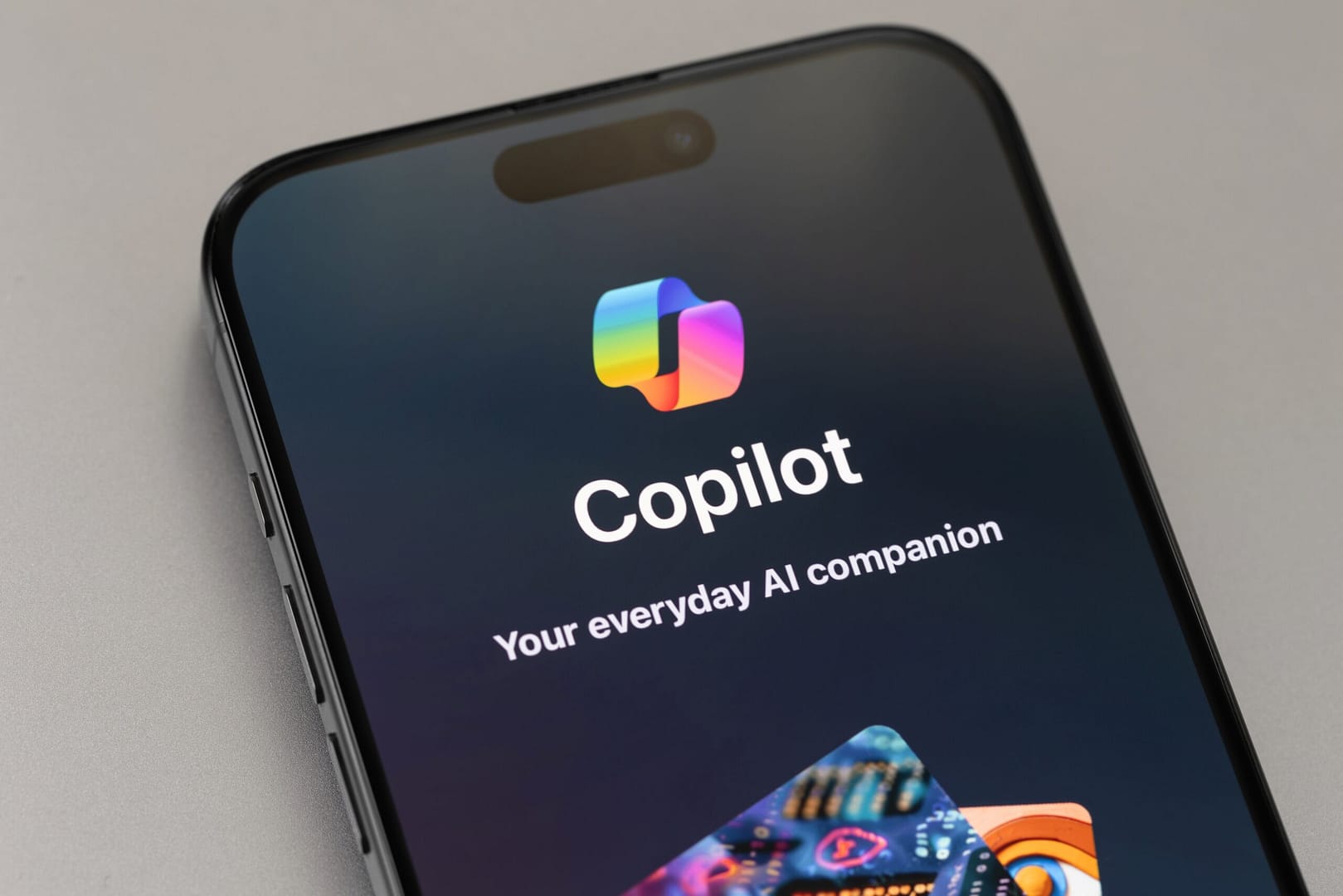March 10th marks the beginning of another Consumer Week, and in retailers' fight for better results, more flexible commercial conditions can be the decisive difference between closing a good deal and losing the opportunity to the competition. Barte's clients, a fintech that offers a modular payment solutions system for medium and large companies, have a powerful tool to boost sales during this crucial retail period: installment payments of up to 24 times.
This ease is bringing significant results, with sales growth of over 12%, especially in businesses with higher average tickets (although demand for terms longer than 12 months is already beginning to be noticed in products and services starting at R$ 2,000). Often, the purchase only fits within the interested party's budget because the total cost can be spread over a longer period. An example is Cidadania4U, a client of Barte since the first quarter of 2024, which offers support services for obtaining European citizenship.
“We are sought out by families who want to emigrate to Europe. Since the services are contracted for several people within the same family group, facilitating payment is important so that a portion of our clients can make this dream come true,” explains the company’s commercial director, Jeferson Santos.
Since it started offering the 24-installment plan in the third quarter of 2024, Cidadania4U has noticed a 12.8% increase in sales. "We managed to serve a larger portion of the clients who approached us," says Santos.
Another company that benefited from the extended installment plan was Stanley's Hair, which specializes in male hair transplants and has been a Barte client since 2023.
"Our audience is mainly from classes B and C and is very focused on price and delivery time. When we started offering up to 24 installments, about 10% of our customers were already requesting this extension," says Gláucio Melo, commercial director of Stanley’s Pay, the company responsible for payments at Stanley’s Hair. "With that, we saw our sales grow by about 3%."
For Consumer Week, both Cidadania 4U and Stanley’s Hair are preparing special actions, where extended installment plans will take center stage. "He will certainly be a strong ally for the success of our campaign," predicts Santos, from Cidadania4U.
Barte started offering installment plans of up to 18 times in August of last year; the following month, it extended the terms to up to 24 months – the only one to enable this number of installments in the multi-merchant market. By the end of 2024, sales in more than 12 installments totaled R$ 67 million, while transactions over 18 installments reached R$ 21 million. Within this total volume of R$ 89 million, the average ticket was R$ 12,200 per transaction. "This ease, rare to find in the market, is just one of the ways we find to work alongside our clients and help businesses achieve the best results," says Rafael Milaré, Revenue Director at Barte.











